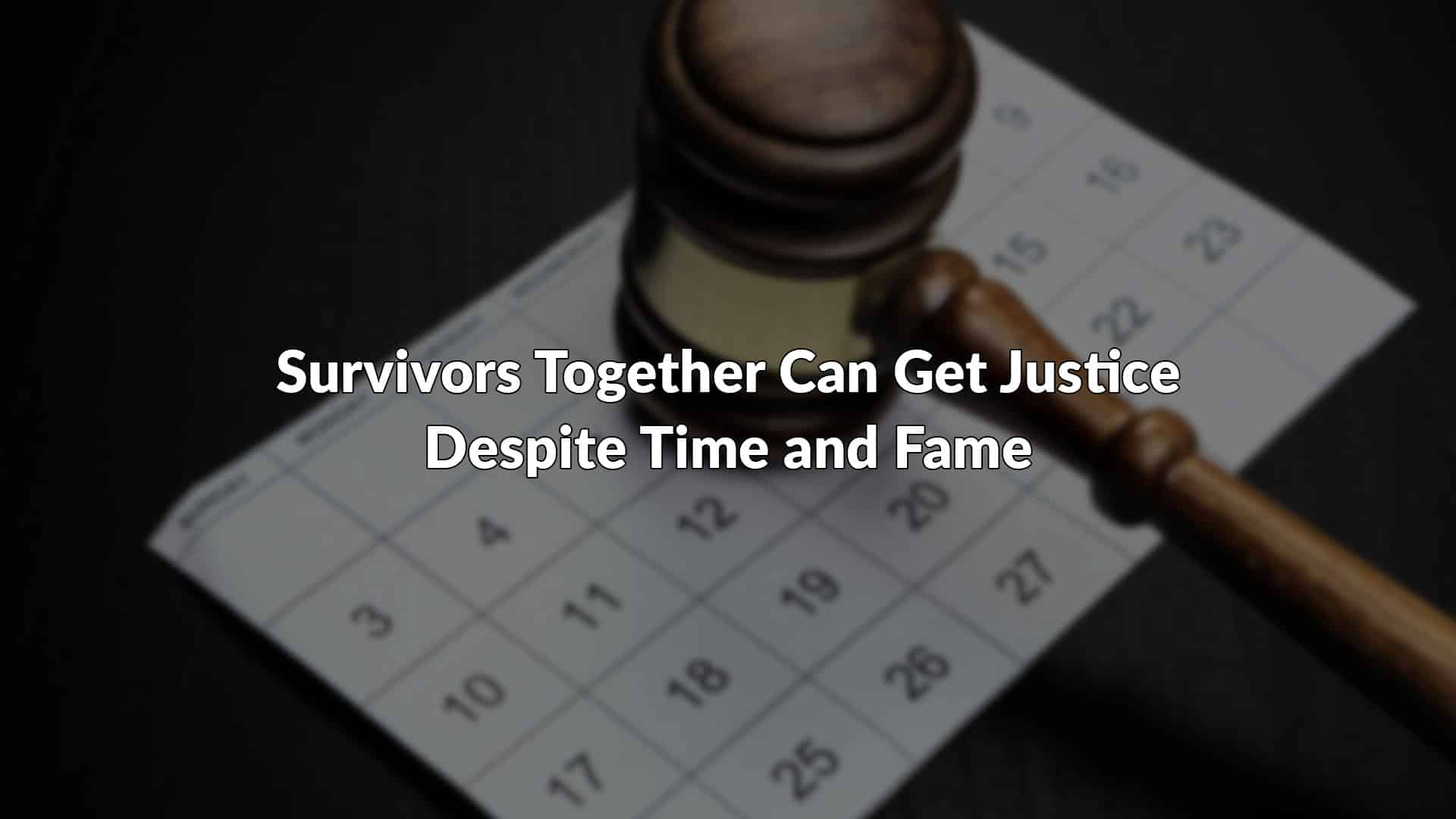A pair of bills that would make it easier to hide or delete some criminal records is dividing D.C. watchdog groups and victim advocates.
During a six-hour public hearing Thursday on the legislation, the Judiciary Committee heard testimony from 30 witnesses, including representatives from The Washington Post and the D.C. Volunteer Lawyers Project.
The Criminal Record Expungement Amendment Act would make records of misdemeanors eligible to be sealed and would include failure to appear, theft, and felony possession among the felonies eligible to be sealed. It was introduced by council member Trayon White, Ward 9 Democrat, and has seven co-sponsors.
The Record Sealing Modernization Amendment Act would allow some criminal records to be automatically sealed and deleted in certain cases.
It also would allow for the deletion of records for non-convictions and for persons arrested and released without being charged. Council member David Grosso, at-large independent, introduced the bill, which has three co-sponsors.
Supporters of the legislation hailed the bills as offering a second chance for people who served their sentence for nonviolent crimes, or were profiled unjustly and were never charged. Several D.C. residents with criminal records testified how the records keep them from supporting their families with better jobs and housing.
Yvette Butler, director of policy and strategic partnerships at the Amara Legal Service, said expunging records of prostitution also can help integrate sex trafficking victims back into society.
Mr. Grosso, who strongly supported the District’s legalization of marijuana, described his bill as “a form of reparations” for people with convictions for now-legal substances.
Opponents of the legislation argued that the sealing or deleting of records prevents the press from tracking whether the police are making unlawful arrests, or if a court proceeding was fair.
James McLaughlin, deputy general counsel and director of government affairs for The Washington Post, expressed worry that the legislation creates “a black hole in which massive parts of the D.C Superior [Court] docket disappear.”
Mr. McLaughlin, along with a representative from the Reporters Committee for the Freedom of the Press and the D.C. Open Government Initiative, referenced several national news investigations that relied on such docket data.
Jennifer Nelson, a litigation fellow with the Reporters Committee for the Freedom of the Press, said making the docket data anonymous also would not solve the problem.
“Powerful reporting begins with an anecdote,” Ms. Nelson said of the investigations.
Another opponent of the bill was Julia Fuld, supervising attorney for the D.C. Volunteer Lawyers Project.
She said that family law courts are required to examine criminal records of parents during custody cases in order to act in the best interest of children.
Ms. Fuld said that it may take several altercations with police until abusive parents or partners can be officially charged.
“These records are crucial to show the pattern of abuse,” she said.
At the conclusion of the hearing, the panel of council members announced the legislation will require revisions by the Judiciary Commitee’s legal counsel.
Copyright © 2018 The Washington Times, LLC. Click here: https://www.washingtontimes.com/news/2017/dec/14/expunge-seal-bills-divide-watchdogs-advocates-in-d/



